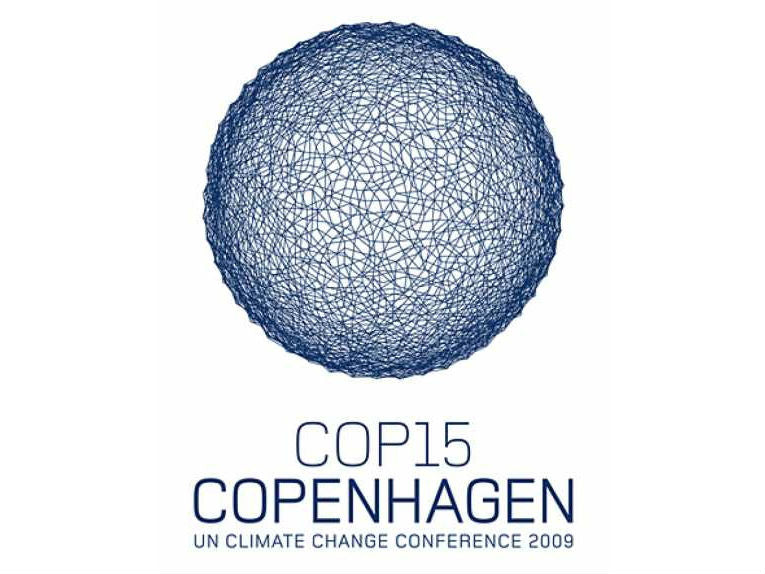The world's richest nations will go into the next session of UN climate change negotiations already lagging behind on the promises they made at last year's Copenhagen summit.
With the latest round of talks set to begin in Cancun, Mexico, on November 29th, a newly-published report from the International Institute for Environment and Development (IIED) has concluded that, despite the positive rhetoric that accompanied December's much-hyped talks in the Danish capital, developed nations are a long way short of providing poorer countries with the financial assistance they need to adapt to the potential consequences of climate change.
The Copenhagen Accord, which was rather hurriedly agreed to at the end of the UN summit of 2009, is non-binding. However, in signing it, the likes of the UK, US, Germany and France, among others, pledged to not only provide developing nations with some $30 billion between 2010 and 2012, but to ensure that this financial help is balanced between "adaptation and mitigation".
According to the London-based IIED, it is on the latter promise that donors are falling short, with too much money being spent on mitigation initiatives, principally those geared towards curbing levels of carbon emissions at the source.
Indeed, the organisation's research, which was carried out in association with experts at Brown University, found that just 11 to 16 per cent of the money pledged by donor nations up until now will be spent on adaptation projects aimed at boosting the resilience of developing countries to the likely impact climate change will have on agriculture, health and livelihoods.
Commenting on the current situation, Brown University researcher David Ciplet, who co-authored the report, explained that a lack of clear definition as to what counts as adaptation funding is forming, with this effectively meaning that there is no real way of measuring to what degree the Copenhagen promises are being met.
"Adaptation funding is absolutely crucial for the billions of people who face the rising intensity of climate disasters, but making promises is only the first step," he noted.
"What matters now is that developed countries make good on their promises and provide the funding needed to enable vulnerable countries and communities to increase their resilience to climatic threats such as droughts and floods, rising sea levels and new risks from diseases and crop pests."
Furthermore, a significant proportion of the funding that is being given for such adaptation projects is being given in the form of loans, rather than grants, meaning countries that can ill-afford it are called upon to "pay to fix a problem that the developed nations created", the report also warns.
Given that the publication of the report comes in the same week that Italy comes under mounting pressure to reveal the true extent of its contributions to European Union funds earmarked for helping developing nations face up to the threats posed by the world's changing climates, environmental campaigners could be forgiven for taking a pessimistic view of the upcoming Cancun talks before world leaders even arrive in Mexico.
But, it's not all doom and gloom. Speaking to the Washington Post, Angela Anderson, program director for the US Climate Action Network, explained that the shortcomings highlighted by the IIED report should be viewed as a "learning opportunity", particularly when it comes to finding the ideal balance between addressing both short-term and longer-term concerns.
Dr J Timmons Roberts, Director of the Center for Environmental Studies at Brown University and another of the report's authors, meanwhile, feels that, by making use of new technology in order to track funds all the way from the pockets of taxpayers in developed nations to adaptation projects in developing countries, it could be possible to create a "new era of global cooperation, avoiding many of the pitfalls of past foreign aid".
Whatever is agreed upon at Cancun, as Mr Ciplet notes casting an eye back to Copenhagen, "making promises is just the first step", and only time will tell if the lessons of the past are taken into account at the Mexico summit.










